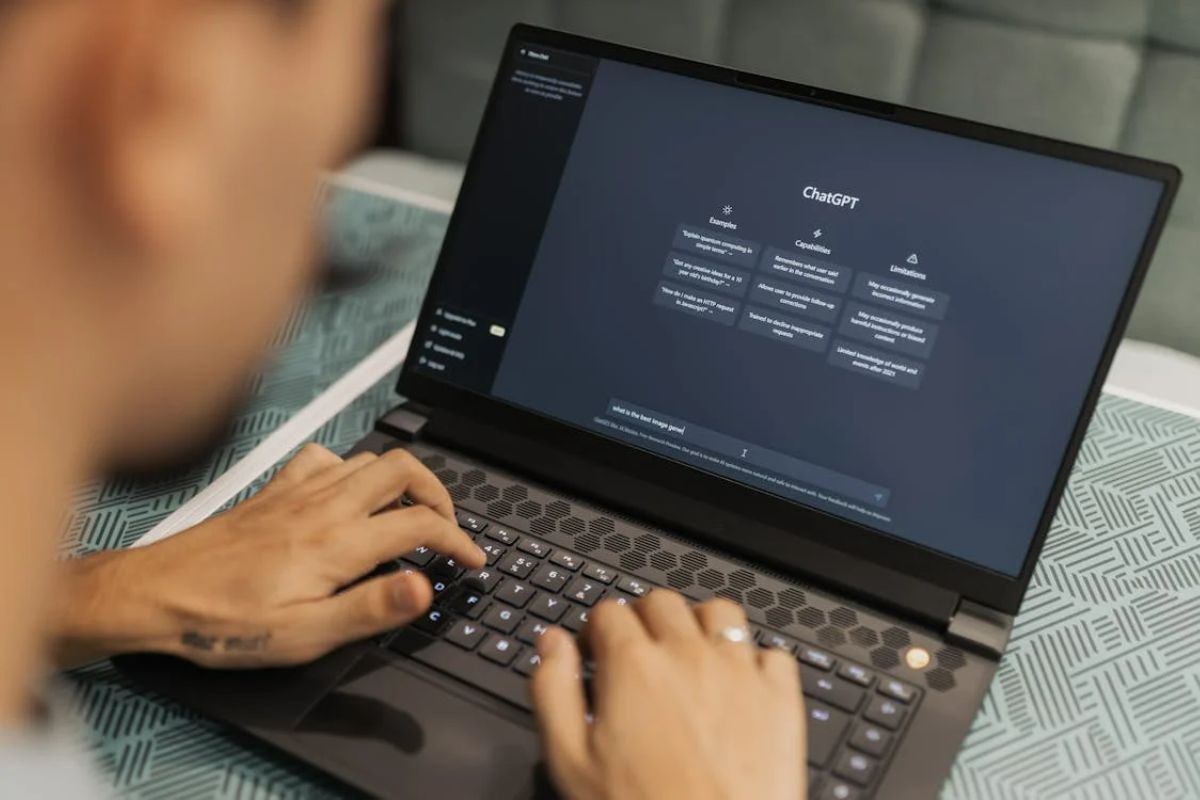Schools In A Limbo As They Try To Cheat-Proof Their System
National NationalPosted by AI on 2025-09-12 07:24:39 | Last Updated by AI on 2025-09-12 09:38:08
Share: Facebook | Twitter | Whatsapp | Linkedin Visits: 0

Schools are facing a watershed moment as administrators grapple with how to adapt to evolving technologies and safeguard academic integrity. The introduction of AI technologies and widespread internet access has caused a tectonic shift in the landscape of academic dishonesty, and schools are searching for ways to uphold ethical standards.
The introduction and rise of AI-powered tools have allegedly helped students cheat on their assignments and tests, but it has also helped teachers create more effective teaching methods. Schools now face a tough decision: they must decide whether to ban these technologies altogether or find new ways to integrate them into their teaching.
This phenomenon has ramifications that reach beyond academic circles. This crisis in academic integrity underscores a growing need for ethical guidelines in the AI industry. These issues need to be addressed: the anonymity of the internet, the business model of companies that offer AI solutions, and potential legal consequences.
The question now is how schools can adapt, because many of the teaching and assessment tools that have been used for generations are no longer effective. And if these issues are not addressed promptly and effectively, it could have a lasting impact on the academic and moral development of an entire generation of young people.
Search
Categories
Recent News
- Actor Vijay to Kickstart Statewide Tour ahead of Elections
- Apple's Healthcare Advances Reach More Users, Urging Brands to Follow Suit
- US Senator Claims China Used 'Heat Rays' To Melt Indian Soldiers In Galwan Clash
- Prince Harry's Surprise Trip to Ukraine's Capital, Kyiv
- Federal Grants Returned, but No Payments Yet
- SBI MD appointment likely to be made soon, expert recommends Ravi Ranjan
- Defence Stocks Soar: GRSE, Mazagon Dock Jump Up To 6% On New Order Wins
- Indian cricketer Arshdeep Singh's ostracization continues, says Ravichandran Ashwin
Popular News
- Navigating IPO Market Dynamics Amid Volatility and Regulatory Changes
- Innovative Green Practices and Environmental Initiative
- Massive Worldwide Microsoft Outage Disrupts Multiple Sectors
- తెలుగుదేశం పార్టీ - పేదరికాన్ని నిర్మూలించడంలో వాగ్దానం
- Universities Embrace Remote Learning Technologies Amidst Ongoing Pandemic